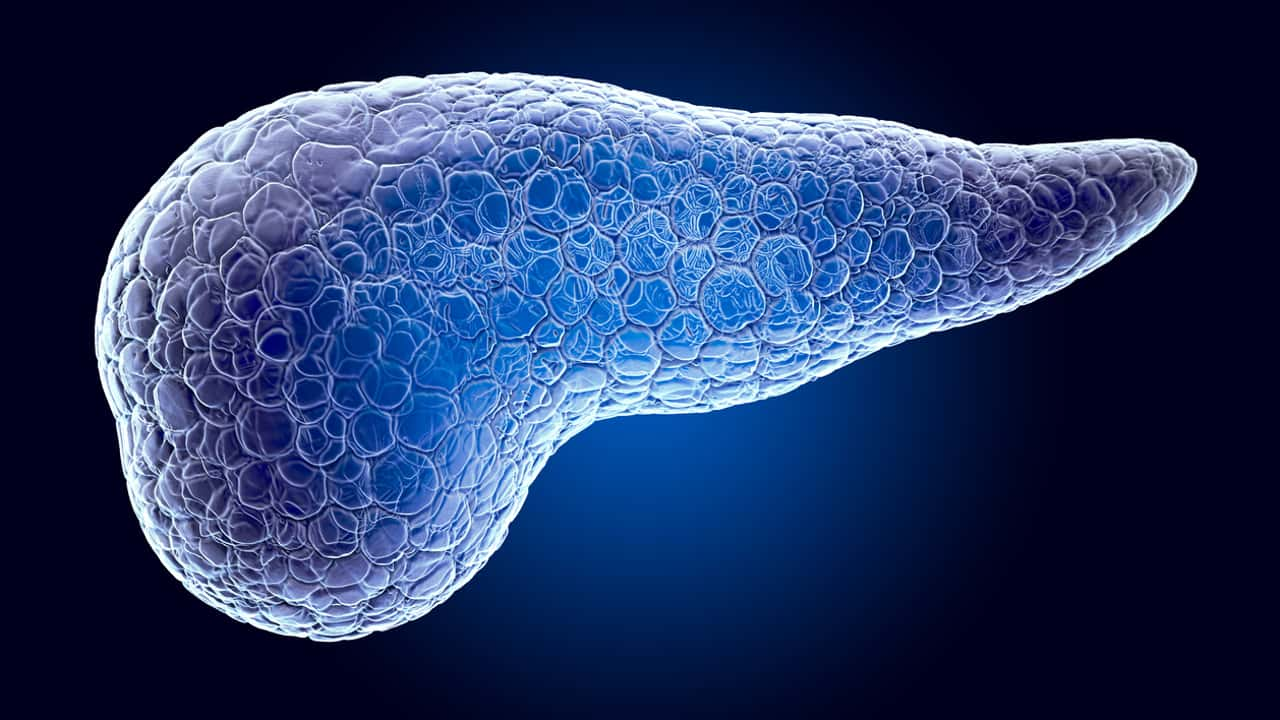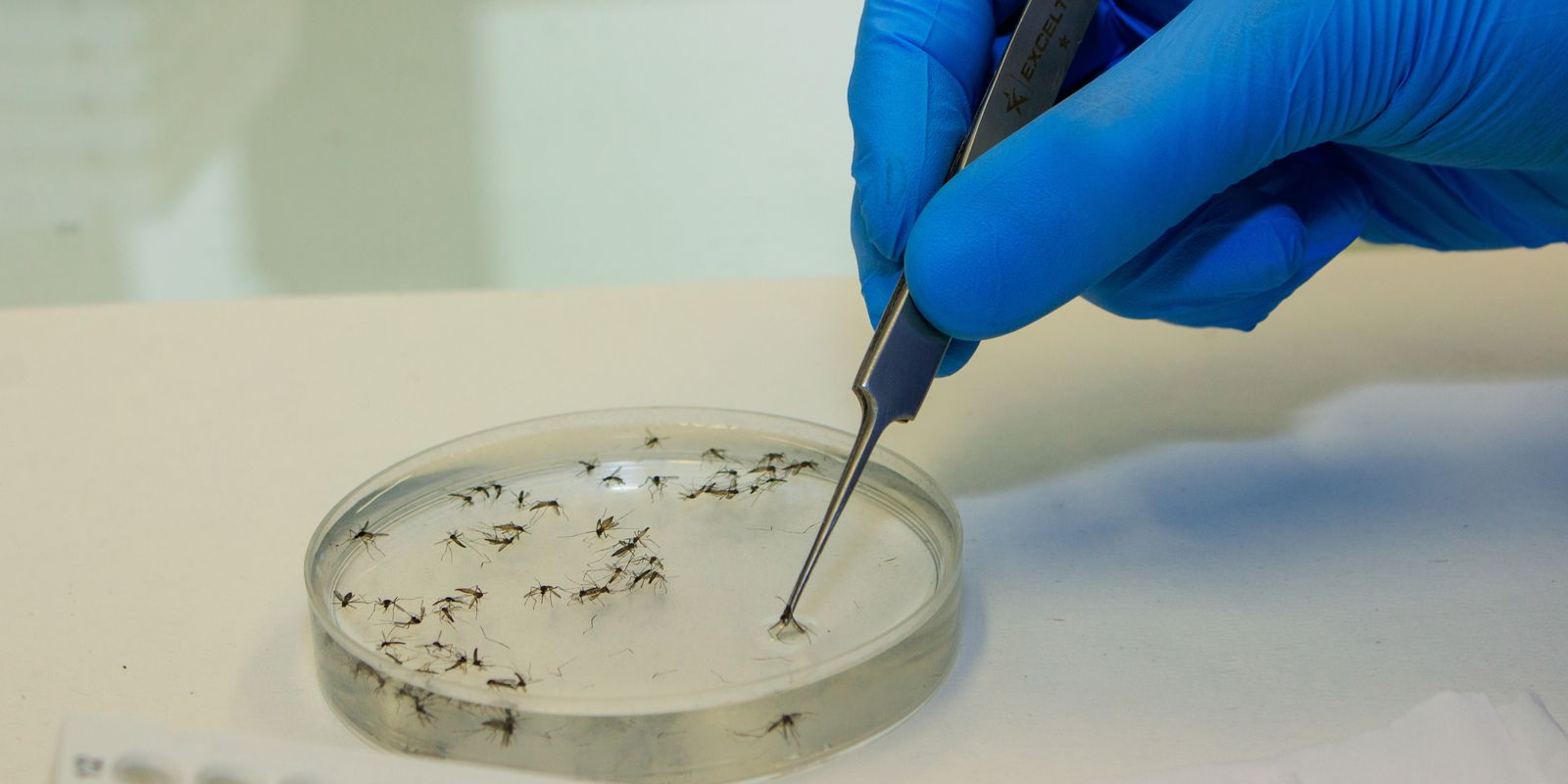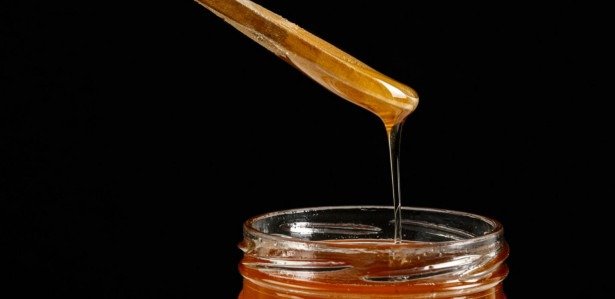
One Stady A procedure by researchers from the UK Center for Environment and Hydrology (UKCEH) and the Universities of Reading, Surrey, Birmingham and South Queensland indicates that pollution Significantly reduces flower pollination. According to research, polluted air deteriorates the scent of flowers, affecting bees’ ability to find them.
Read more
What does the research say?
- According to the study, which was published in the Journal of Environmental Pollution, ozone significantly alters the size and odor of floral scent plumes.
- It reduced the ability of bees to recognize odors by up to 90 percent from a few meters away, according to information from the center. phys.org.
- Ground-level ozone, which aggravates respiratory conditions, typically forms when nitrogen oxide emissions from vehicles and industrial processes interact with volatile organic compounds (VOCs) emitted by plants in the presence of sunlight.
Effects of pollution on animal life and flowers
The new research indicates that ozone is likely to have a negative impact on wildflower abundance and crop yield. Many international studies have already proven that this substance has a negative impact on food production, as it impedes the growth of plants.
“About 75% of our food crops and about 90% of our wildflower plants depend to some extent on animal pollination, especially by insects. Therefore, understanding what negatively affects pollination and how it affects it is essential to help us maintain the vital services to which we respond. It has in the production of food, textiles, biofuels and medicines, for example.
Ben Langford, UKCEH atmospheric scientist and study leader
According to the researchers, the study result provides clear mechanistic evidence of how ozone pollution, whose concentrations are typically higher in rural areas, can reduce pollinator visits to flowers.
Ozone can affect the behavior of some animals
During the survey, a wind tunnel was used to monitor how the size and shape of odor plumes change in the presence of ozone. In addition to reducing the size of the odor plume, the scientists found that the odor plume changed as some compounds reacted faster than others.
The bees, which had been trained to recognize the same mixture of odors, were then exposed to the new ozone-modified scents. Pollinating insects use floral scents to find flowers and learn to associate their unique combination of chemical compounds with the amount of nectar they provide, allowing them to locate the same species in the future.
The research showed that towards the center of the columns, 52% of the bees recognized the scent at a distance of six metres, and this percentage decreased to 38% at a distance of 12 metres. At the edge of the columns, which decay more quickly, 32% of bees recognized a flower 6 meters away, and only one-tenth of the insects 12 meters away.
The researchers say their findings indicate that ozone may also influence other insect behavior that controls odor, such as their ability to attract and find a mate. And last year, the same research team published the first study that found that common air pollutants, including ozone and diesel exhaust, have a negative impact on pollination in the natural environment.
Have you seen the new videos on Youtube digital look? Subscribe in the channel!

“Friendly zombie guru. Avid pop culture scholar. Freelance travel geek. Wannabe troublemaker. Coffee specialist.”






